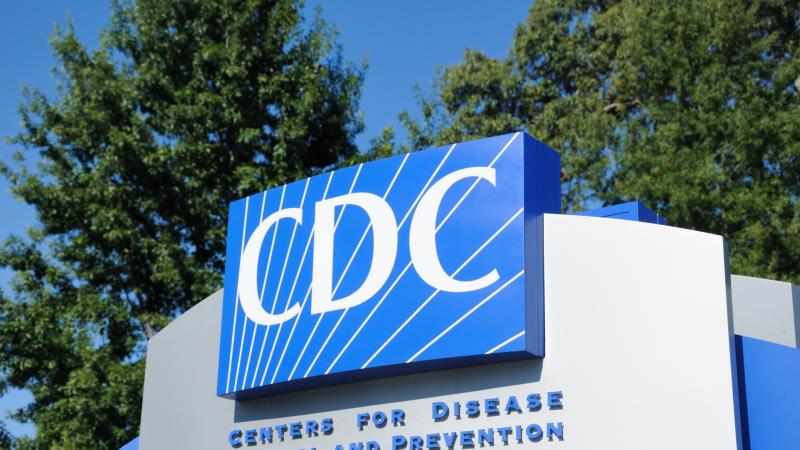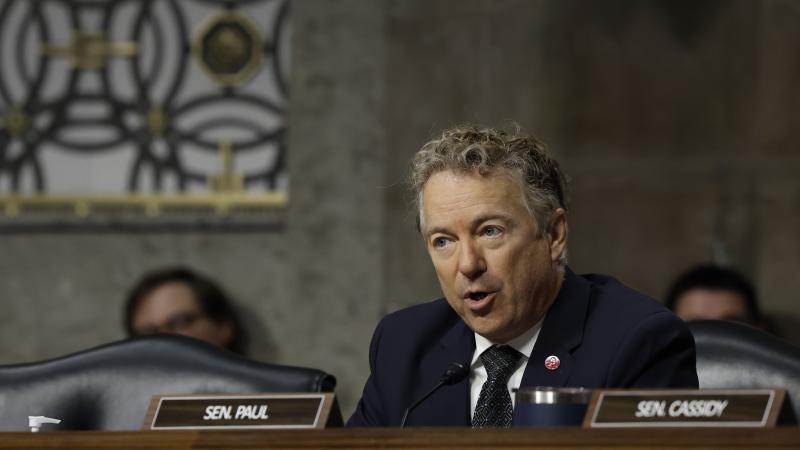Echoing RFK Jr., Newsom executive order cracks down on food dyes, ultra-processed foods
More than 62% of Californians are overweight or obese.
(The Center Square) -
Echoing earlier calls by Robert F. Kennedy Jr., California Gov. Gavin Newsom issued an executive order to crack down on dangerous food dyes and “ultra-processed” foods, pointing to a growing bipartisan consensus on the nation’s obesity and diabetes crisis.
“The food we eat shouldn’t make us sick with disease or lead to lifelong consequences. California has been a leader for years in creating healthy and delicious school meals, and removing harmful ingredients and chemicals from food,” Newsom said in a statement.
“We’re going to work with the industry, consumers and experts to crack down on ultra-processed foods, and create a healthier future for every Californian.”
More than 62% of Californians are overweight or obese, with approximately 28.1% of California adults obese, and an additional 34.7% overweight.
According to Global Data, who was contracted by weight-loss drug manufacturer Eli Lily to analyze the cost of excess weight, these extra pounds cost California $90 billion per year in lost economic activity from excess weight, an $11 annual billion drain from lost state revenue and higher state medical costs, and an additional $12 billion spent by the federal government on state Medicaid and Medicare weight-related payments.
Paying for weight loss drugs – which could come with as of yet unknown long-term negative side effects, as individuals must stay on the drugs to avoid putting the weight back on – for California’s 18.4 million obese and overweight residents, as proposed in a bill last year, would cost approximately $110 billion per year.
Excess weight is a major driver of government spending and healthcare cost increases. A study from the Milken Institute found healthcare costs for weight were $481 billion in 2016 and cost the economy an additional $1.24 trillion that year in lost economic activity, a total cost that is equivalent to 9.3% of the nation’s gross domestic product in 2016 – a proportion similar to the nation’s peak Cold War military spending, or nearly half the year’s taxes.
Newsom’s order echoes sentiments recently expressed by Kennedy Jr., former Democratic presidential candidate and now Trump nominee to lead the Department of Health and Human Services.
In a September “Make America Healthy Again” campaign video, RFK Jr. posed in front of a table full of mass-market American ultra-processed snacks and cereals, explaining the risks of food dyes allowed in American but not European or Canadian food.
“It’s no coincidence that Americans die earlier than … most any other comparable country, and it wasn’t always that way. Until the early 1990s our life expectancy was the same or better.” Kennedy said. “A big part of it is our diet.”
Kennedy then detailed how tartrazine, a coal tar product used as a food dye in American junk foods and even child breakfast cereals, is associated with a wide range of health issues from tumors to neurological and gene damage, and even anxiety and depression, and outlined risks associated with a number of other dyes and additives banned elsewhere but widespread in the United States.
Newsom’s order echoed Kennedy’s findings, calling for a state analysis on potential actions to reduce harms associated with “ultra-processed” foods and actions the state can do to “reduce the purchase of soda, candy, and other ultra-processed foods and/or foods with synthetic food dye or other additives.”
Assemblymember Jesse Gabriel, D-Encino, who has authored several bills banning toxic chemicals in food and public school cafeterias, embraced the measure, saying on X that he’s “excited for the work ahead.”
Assemblymember Kate Sanchez, R-Trabuco Canyon, cautiously signaled support for the governor, extending a hand on reducing spending of taxpayer-funded CalFresh cash welfare for food purchases for unhealthy food.
“If Gov. Newsom’s serious about making California healthy again, he should join us in pushing to reform CalFresh so that public food assistance isn’t wasted on diabetes and obesity causing foods like soda, candy, and ice cream,” said Sanchez on X.
Due to California's vast size – by gross domestic product it is the fifth largest economy in the world – food regulations adopted in California often have a national impact, meaning even if Kennedy's proposed regulations may be blocked in Congress, California regulations could end up having a lasting impact.















